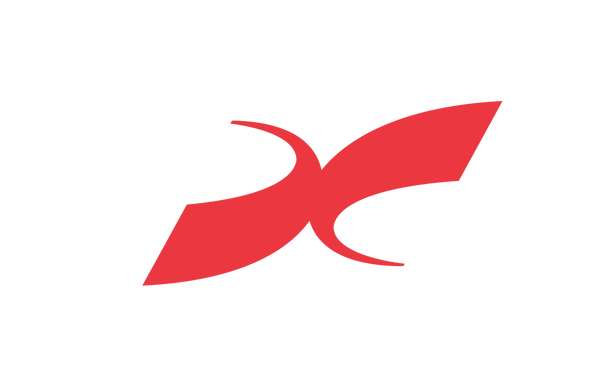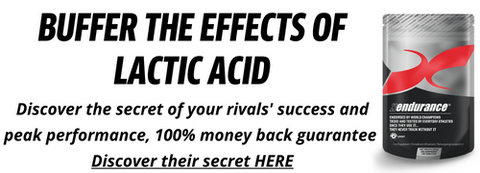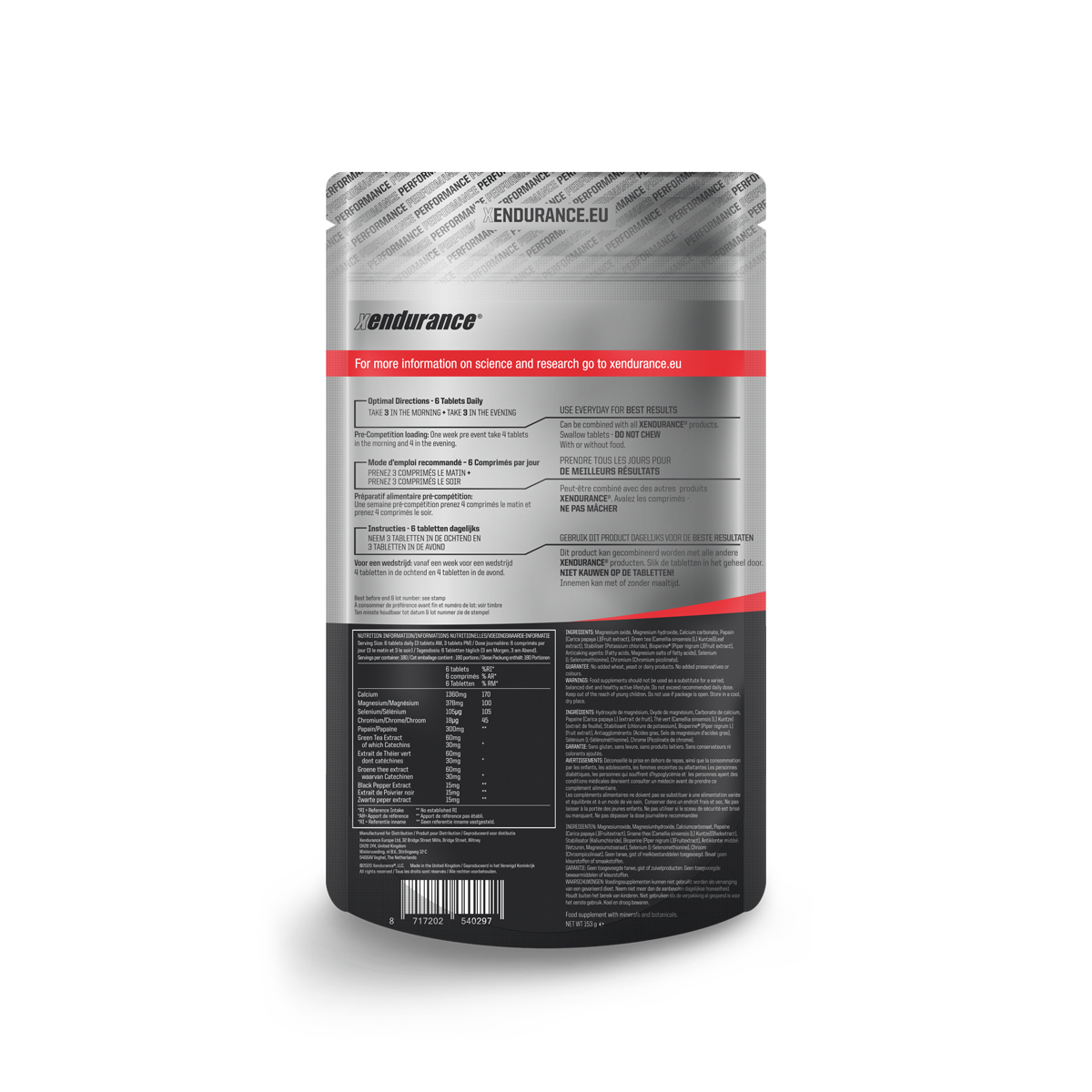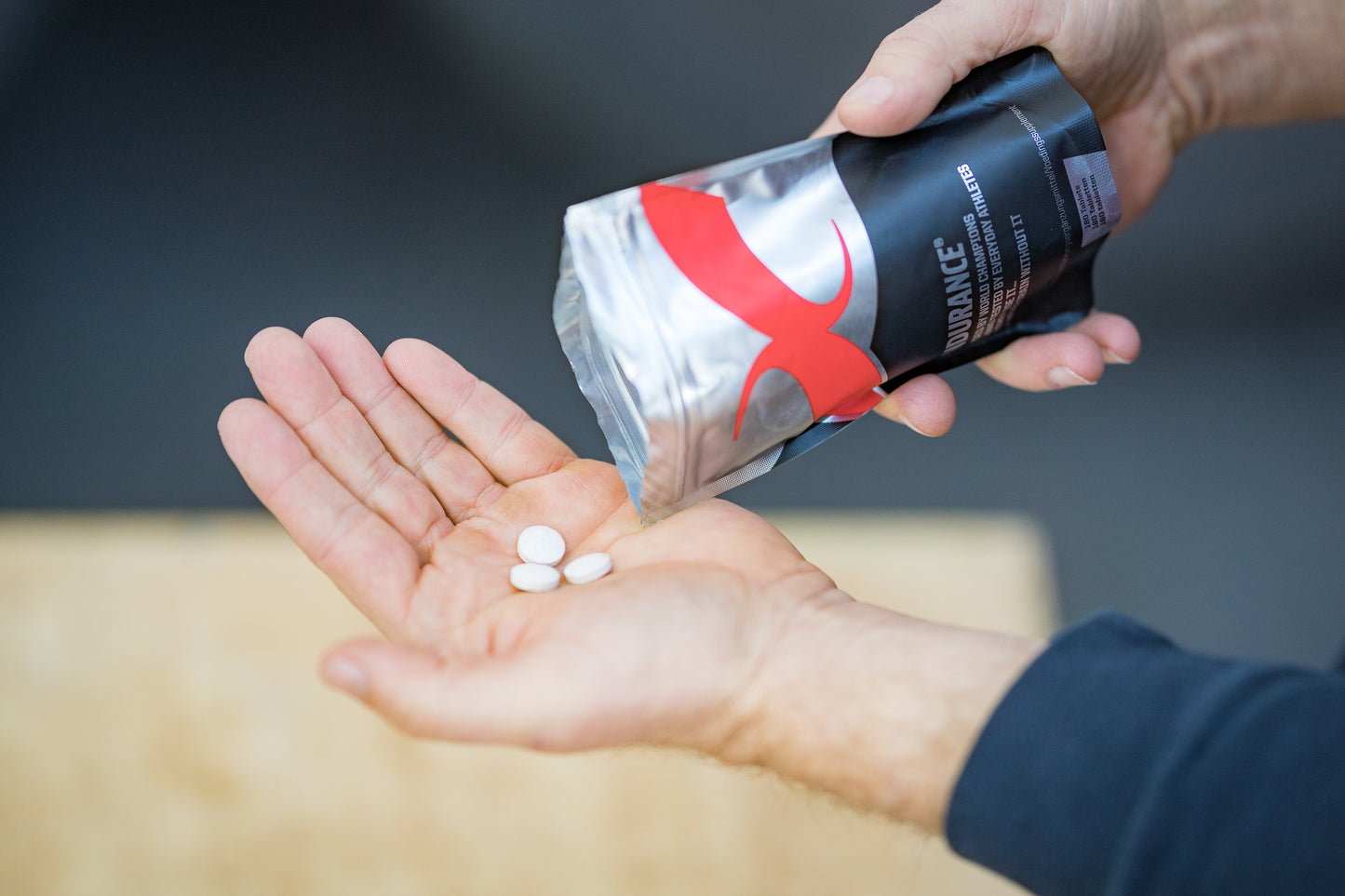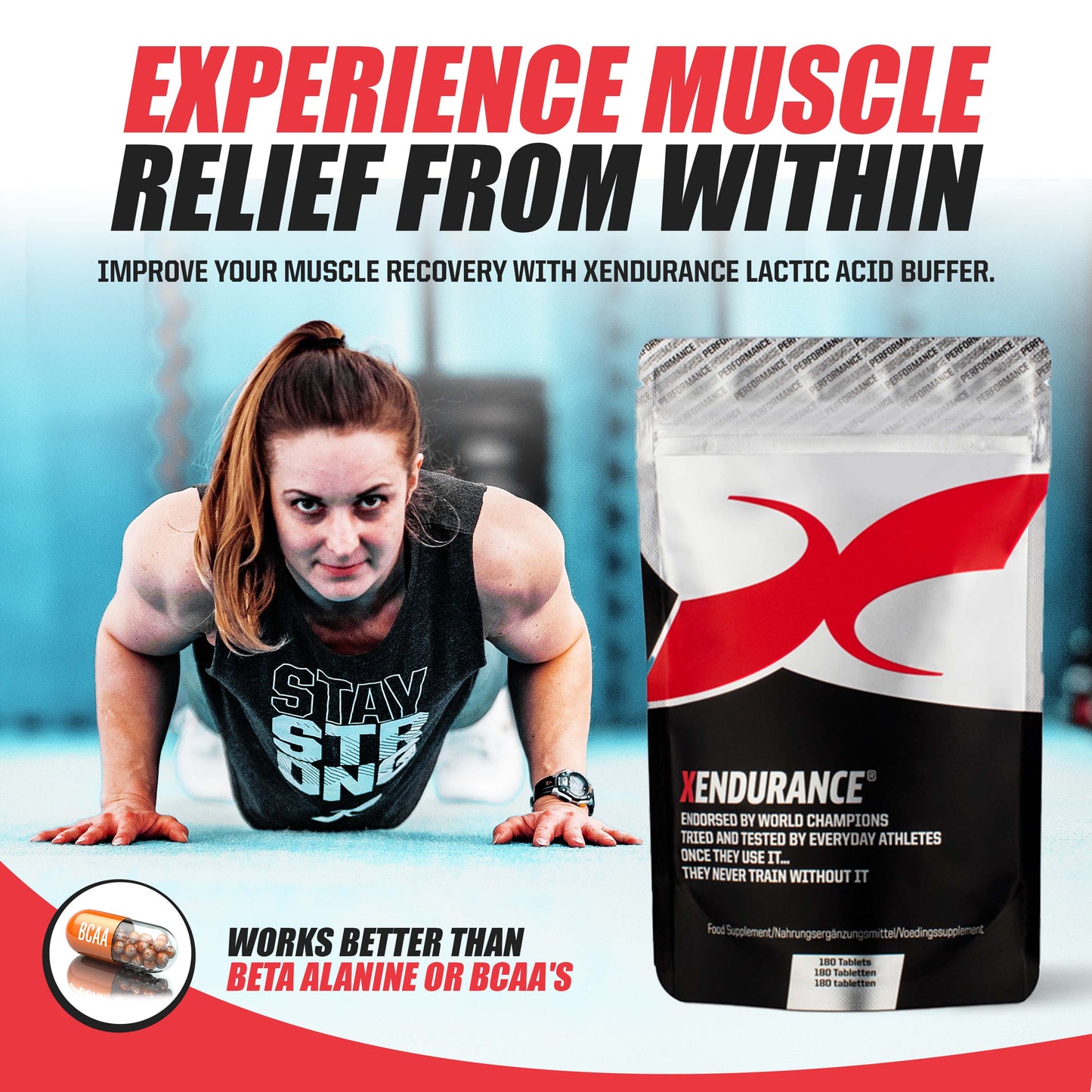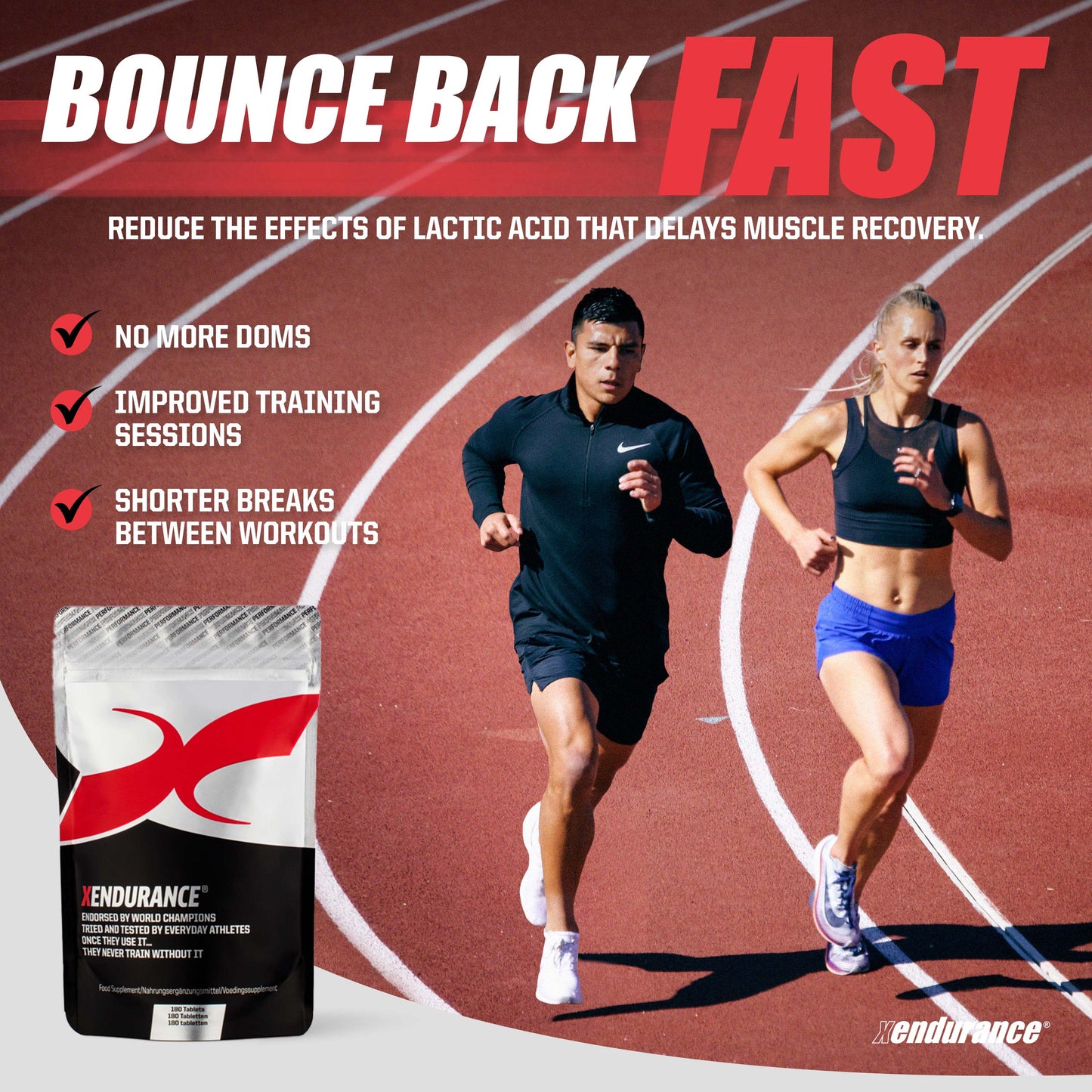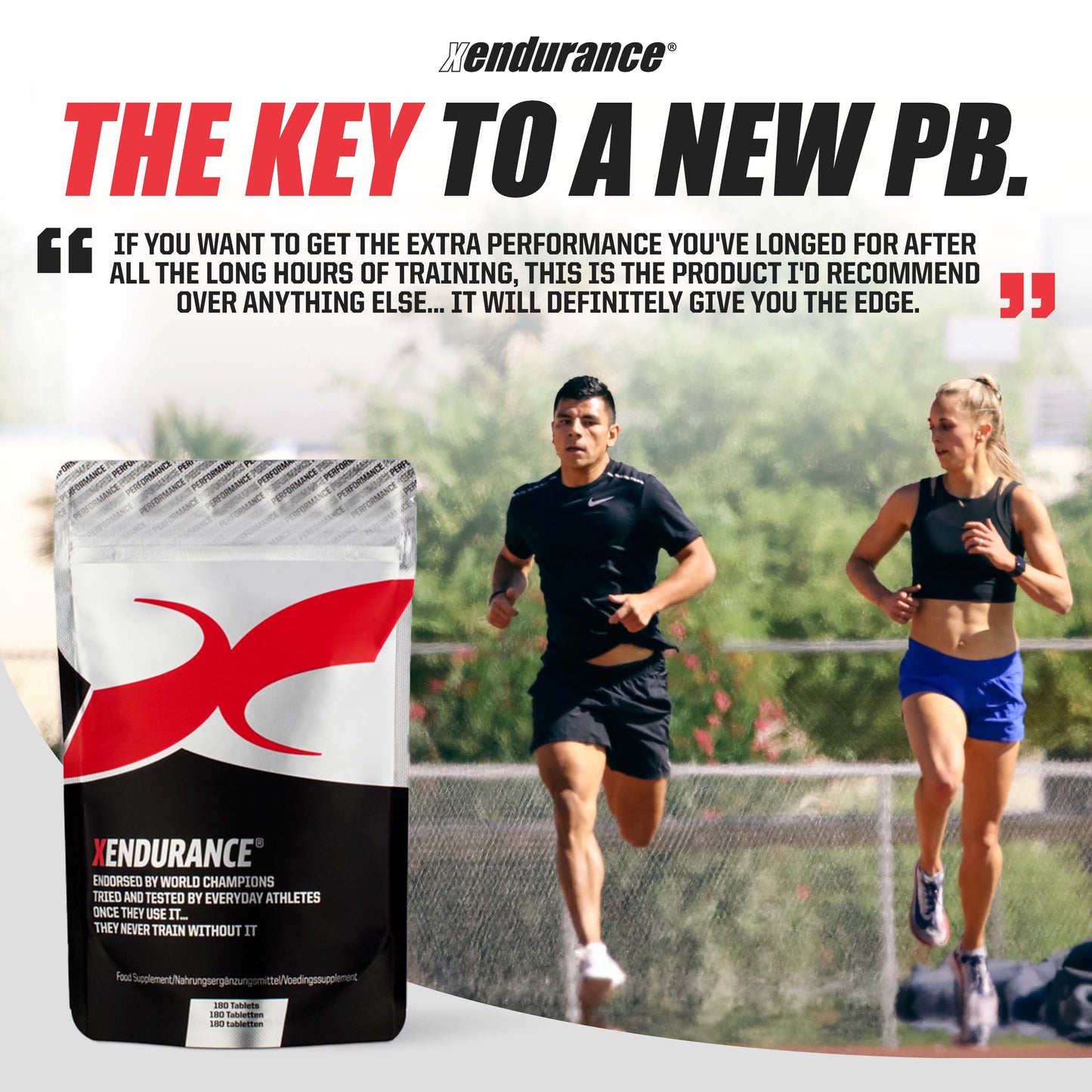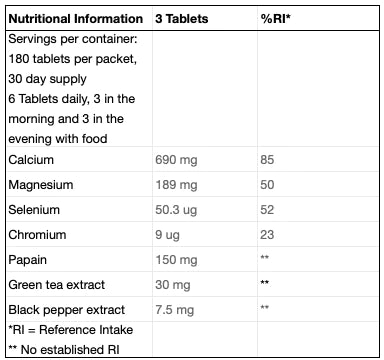Nail your training and racing by getting back to basics
1. Adequate training
The number-one secret of training is that there are no secrets. With three sports, triathlon requires a lot of training. You have to be willing to do the work necessary to attain your desired level of performance. “An athlete who is new to the sport should start with two workouts per discipline per week,” says Andrea Fisher, an Austin, Texas-based professional triathlete and multisport coach. “As you get stronger and adapt to the training, build up to three to four workouts per week per discipline for age-group athletes and four to five workouts per week per discipline for elite athletes.
One of those elite athletes, Lisa Bentley, a multiple-time Ironman champion, runs three days per week, swims five to six times per week, bikes five to six times per week, does a strength-training circuit three times per week and does physical therapy three times per week. “I believe that two to three workouts in each sport consistently will lead to great fitness gains in athletes who have full lives with work and family,” she says.
Fisher suggests that you spend more time on your weakest sports to get the most out of your training time. “Evaluate what your strengths and weaknesses are and structure your training plan around the discipline that will give you the best bang for your training buck,” she advises. “Because I have a proficient history with swimming, I don’t tend to do as much swim training compared with other elite athletes. If I spend more time on my running, I will receive more benefit from my training time than spending more hours in the pool to be a mere couple of seconds faster for an Ironman swim.”
2. Consistent training
In addition to adequate training to meet your goals, your training must be consistent. It takes a lot of consistent work, over a long period of time, to meet your genetic potential. That’s because many of the physiological and biochemical adaptations to endurance training result from the expression of genes and the formation of new proteins, which is a slow process. If you regularly miss workouts, or if your training is haphazard and spotty, it will take longer to get where you want to go, if you get there at all.
“Stringing together weeks, months and eventually years of consistency will enable an athlete to reach his or her potential and ultimate success,” says Fisher. “That consistency includes key components: staying injury free, solid training blocks without overtraining, proper recovery, good nutrition and minimizing stress.” For Dave Scott, a six-time Hawaii Ironman champion and member of the Ironman Hall of Fame, consistent training is paramount for not only physiological adaptation but also for emotional and psychological reasons. “I needed that endorphin rush to get me through my day,” he says.
3. Adequate recovery
Recovery may be the most overlooked aspect of training. For all your hard training, improvements in fitness occur during the recovery periods between training sessions, when your body repairs and rebuilds, not during the training itself. Positive physiological adaptations only occur with a correctly timed alternation between stress and recovery. When you finish a workout, you’re weaker, not stronger. The efficacy with which you recover from a long or intense workout will dictate how often you can perform other long or intense workouts, which may ultimately influence your ability to reach your athletic potential.
“Without proper recovery, training is only going to put an athlete into a hole that he or she will eventually find near impossible to climb out of,” says Fisher. Hunter Kemper, a two-time Olympian, six-time U.S. elite national champion and the number-one ITU-ranked triathlete in the world in 2005 and 2006, learned the importance of recovery the hard way. “I’ve always been the athlete who tries to get one more key session in before a big race, even when sometimes it is probably too much,” says Kemper. “I’ve realized that if I don’t recover and adapt from the previous hard workout, I will be unable to have a successful workout the next time around.” If you have the luxury of being a full-time triathlete like Kemper, finding ways to recover can be a bit easier. “I have made it a habit to take a long nap almost every day,” says Kemper. “I try to get a good hour and a half nap in between my workouts. This rest helps me recover for my final workout of the day.” If you can’t take a daily nap (yeah, right), at least try to minimize the amount of physical activity between workouts to maximize your recovery.
4. Setting goals
All successful people, whether they sell used cars or win the Hawaii Ironman, have specific, definable and difficult but attainable goals. Goals provide direction, motivation, and a sense of purpose. “If I didn’t set goals I’d just be working out,” says Fisher. “I hate working out. I love to train.” Scott advises to make your goals finite and tangible and write them down. “I like goals to be short-term, two to three weeks, with one long-range rainbow goal that represents what you’d like to accomplish on a rainbow day if you could perform at your peak in all three sports,” he says. Bentley adds that your goals need to be personal. “They can be dreams—whatever it takes to keep you doing hill intervals, swimming early mornings and running when you would rather be sleeping.” After you’ve defined your goals, make a habit of surrounding yourself with others who support them. You’ll find the energy and motivation to be contagious.
5. Coaching
While it’s possible to be an effective triathlete without a coach, as Scott’s six wins at the Hawaii Ironman attest, a good coach can help you to reach your potential, especially in a complex sport like triathlon that requires simultaneous proficiency in three disciplines. “I would never be the athlete I am today without the coaches I have had the wonderful opportunity to work with,” says Fisher. “A coach is there to see when you need to step back, rest and reevaluate things, which is something you can’t always do on your own.” Kemper agrees: “One of the most important jobs of a coach is to tell the athlete when not to do a specific workout because he or she is too tired or hasn’t been able to recover from the previous training sessions.” A coach can also relieve you of the responsibility of planning your own training so you can focus on the training itself. “Having a coach eliminates the stress of having to think of what to do and provides consistency in the flow of training,” says Chris Lieto, three-time Ironman champion and owner of Base Performance Nutrition. “Find a mentor who has experience at the level you want to attain.”
6. Nutrition
Training for three sports concurrently, which often necessitates two workouts a day, makes good nutrition an important habit for effective triathletes. “Well-rounded nutrition is vital to allowing an athlete’s body to recover and improve with each training block and race,” says Fisher. According to Heather Gollnick, a five-time Ironman champion, nutrition is essentially the fourth sport. “Practice this just like you do the other disciplines,” she advises. Bentley is one of those athletes who has seen first-hand how big of a difference good nutrition can make. “I made a big nutrition change in 2003 and was healthier than ever. I cut out all refined products (except PowerBars for training and recovery) and breads and started eating lots of fruits and vegetables.” Nutrition is also important to recover quickly from workouts. “I have found that the most important part of my nutrition is to eat and drink consistently throughout the day and try to eat right after hard workouts to allow my body to recover as quickly as possible,” says Kemper. To maximize recovery between workouts, consume 0.7 gram of carbohydrates per pound of body weight within 30 to 60 minutes after long workouts, especially if you’re training twice per day. Also consume 20 to 30 grams of protein after workouts to help repair training-induced muscle damage.
7. Positive mental attitude
If you want to be an effective triathlete, you must have the right attitude. Say to yourself, “I will nail this workout,” rather than, “I want to nail this workout.” Believing that a positive mental attitude is critical to his success, Kemper seeks outside help to work on this habit. “I meet regularly with a sport psychologist at the Olympic Training Center, and we work a lot on positive self-talk. It’s easy for negative thoughts to come into your head when things aren’t going according to plan during a race. It’s important for me to notice those thoughts and immediately refocus my thinking on the process,” he says. Part of having a positive mental attitude is being able to move past bad workouts or races. “If you have a positive attitude, you’ll get a lot more out of your workouts,” says Lieto. “You have to believe you can do it.”
So if you want to be an effective triathlete, or if you just want to place in your age group at your next triathlon, integrate these habits into your lifestyle. Remember that good habits are like bad habits—once you form them, they are hard to break. And if you treat the whole process as a formula that includes the above components, you will find success in the sport.
